Basic Math Skills Building Vocabulary Worksheets for Ages 3-8
17 filtered results
-
From - To
Explore our engaging Basic Math Skills Building Vocabulary Worksheets, specifically designed for children ages 3-8. These worksheets provide a fun and interactive way to enhance math vocabulary and comprehension, crucial for early mathematical development. Each resource is tailored to strengthen foundational skills through colorful imagery, relatable scenarios, and simple exercises. Whether your child is learning to count, recognize shapes, or understand basic operations, our worksheets offer a versatile approach to learning. Perfect for use at home or in the classroom, these materials will boost confidence and prepare young learners for future math challenges. Start building essential math vocabulary today!
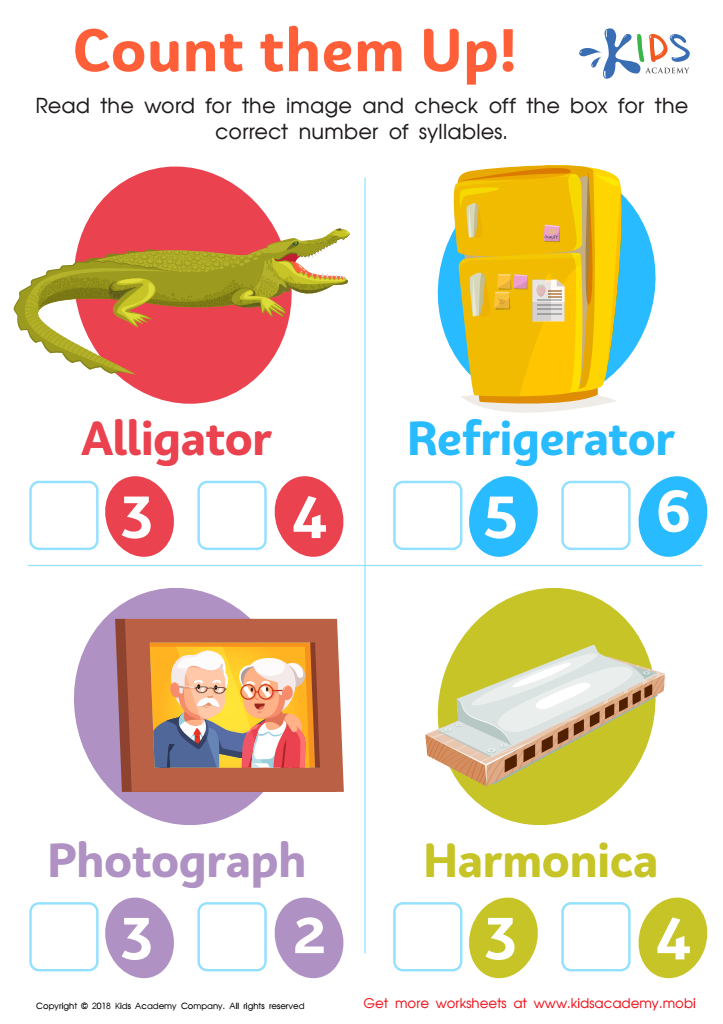

Count Them Up Worksheet
Basic math skills and building vocabulary are crucial for children aged 3-8, as these early years lay the foundation for future learning. At this stage, children are naturally curious and eager to explore their world around them. Integrating math vocabulary into their daily experiences enhances their understanding and builds confidence in mathematical concepts.
Firstly, strong math skills not only support academic achievement but also promote critical thinking and problem-solving capabilities. By introducing terms like "add," "subtract," "more," and "less" during play and everyday situations, children begin to develop a logical reasoning that is essential for later math proficiency.
Moreover, vocabulary building, particularly in math, encourages effective communication and comprehension. Children learn to express their thoughts and ideas, which fosters a deeper understanding of mathematical concepts. For parents and teachers, nurturing these skills means engaging children through interactive activities, games, and storytelling that promote both language and numeracy.
Ultimately, focusing on math skills and vocabulary during these formative years is integral to helping children become lifelong learners. Encouraging them to discuss and explore mathematics in their environment can form essential connections that support their overall cognitive development and pave the way for future academic success.
 Assign to My Students
Assign to My Students











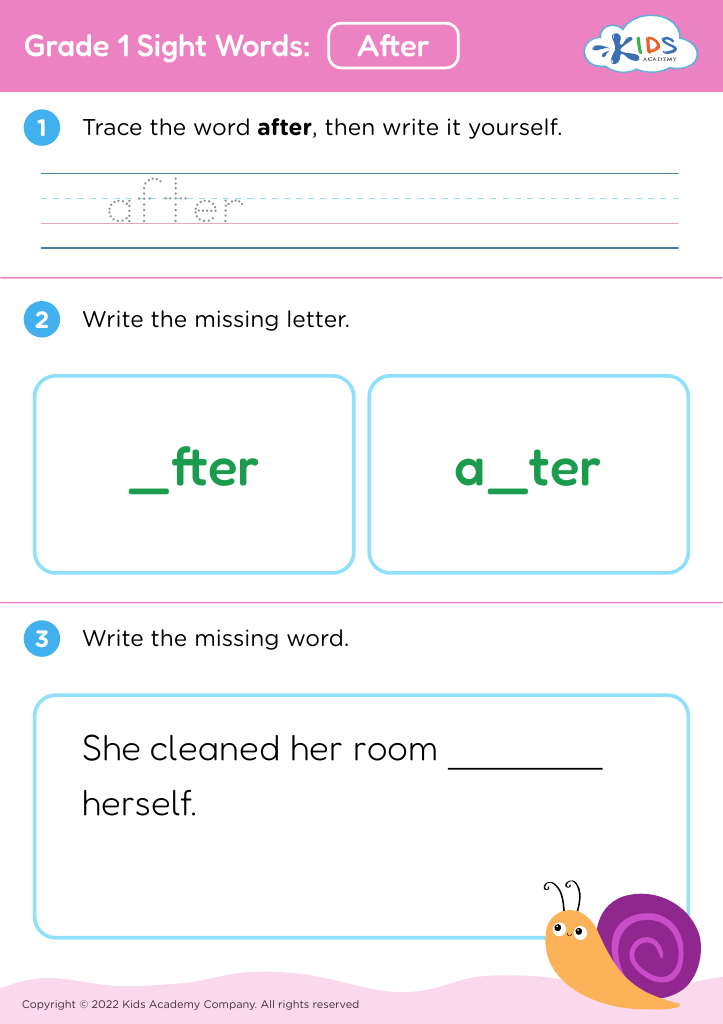
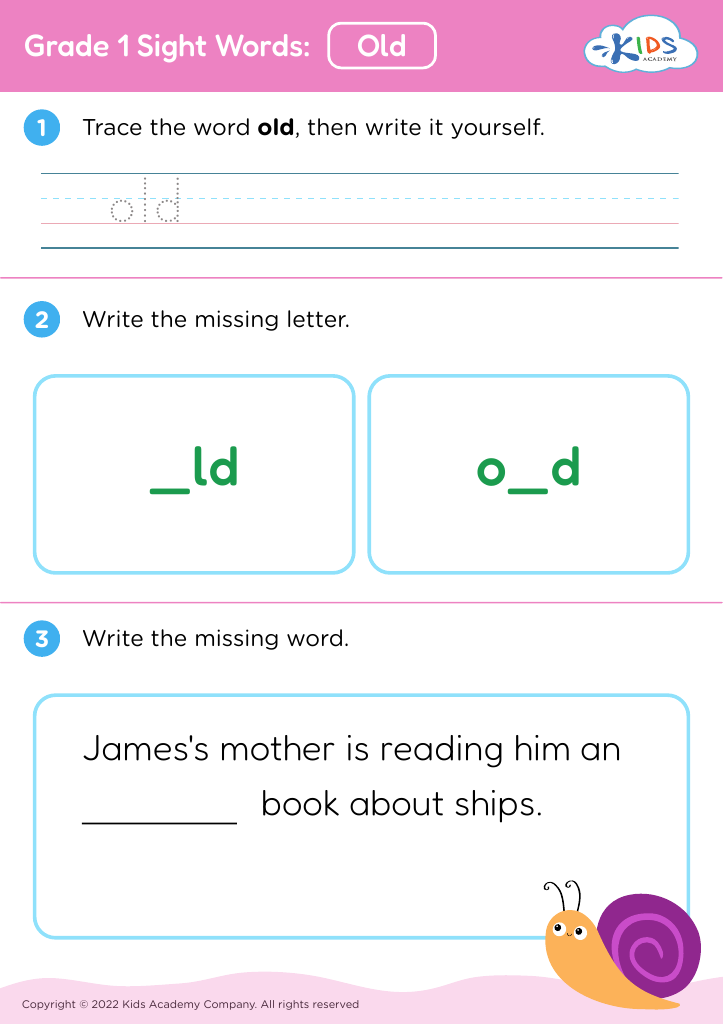
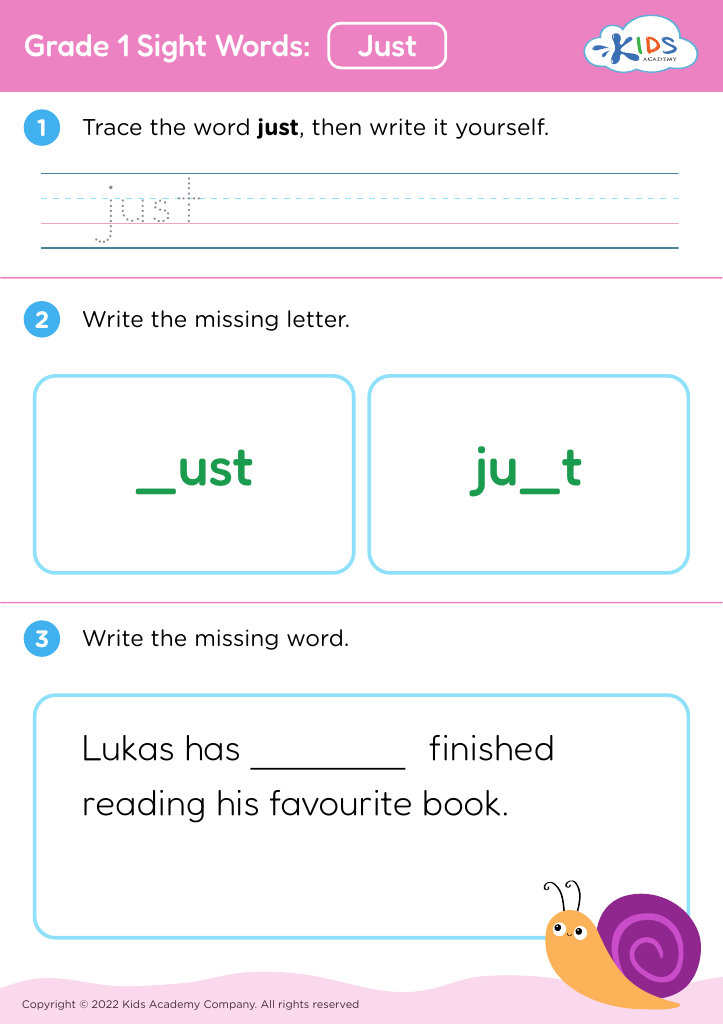
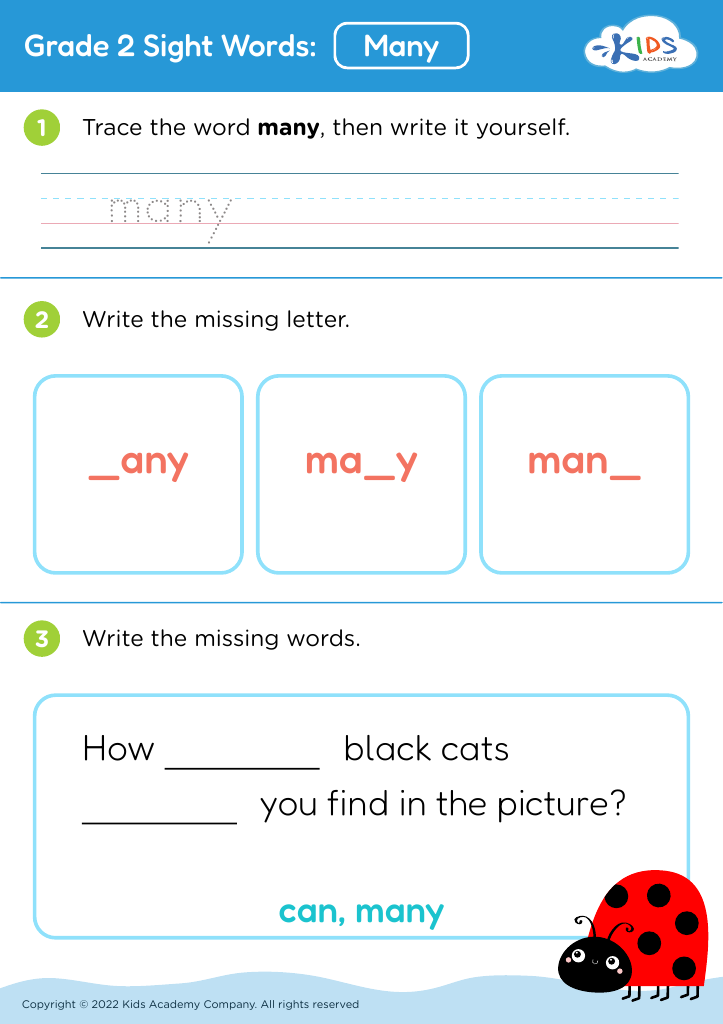

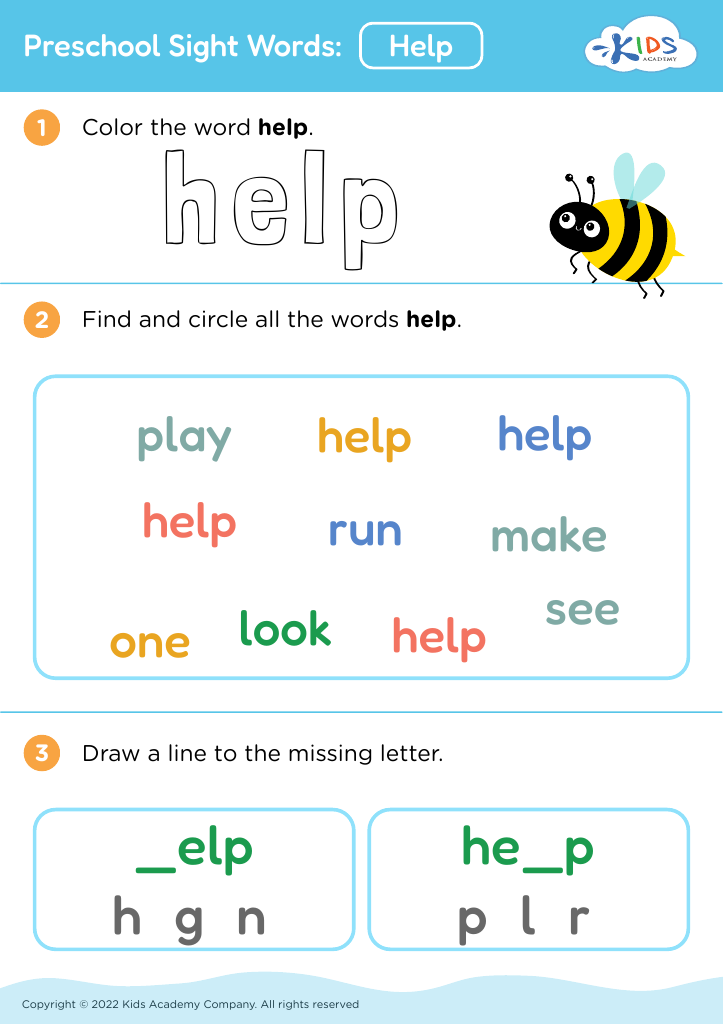


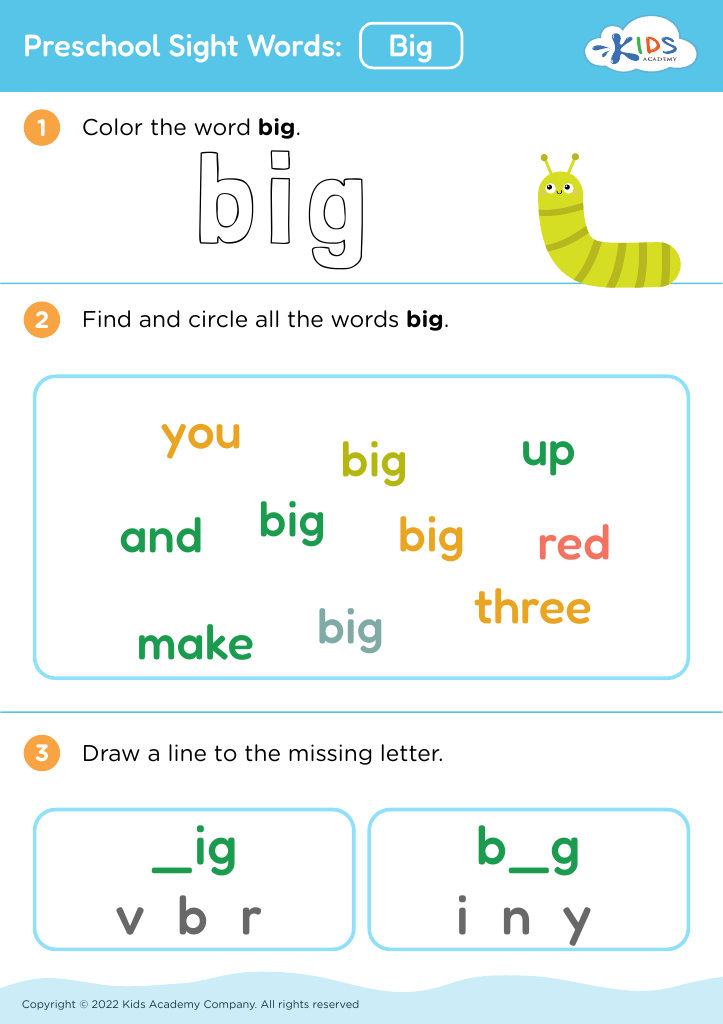


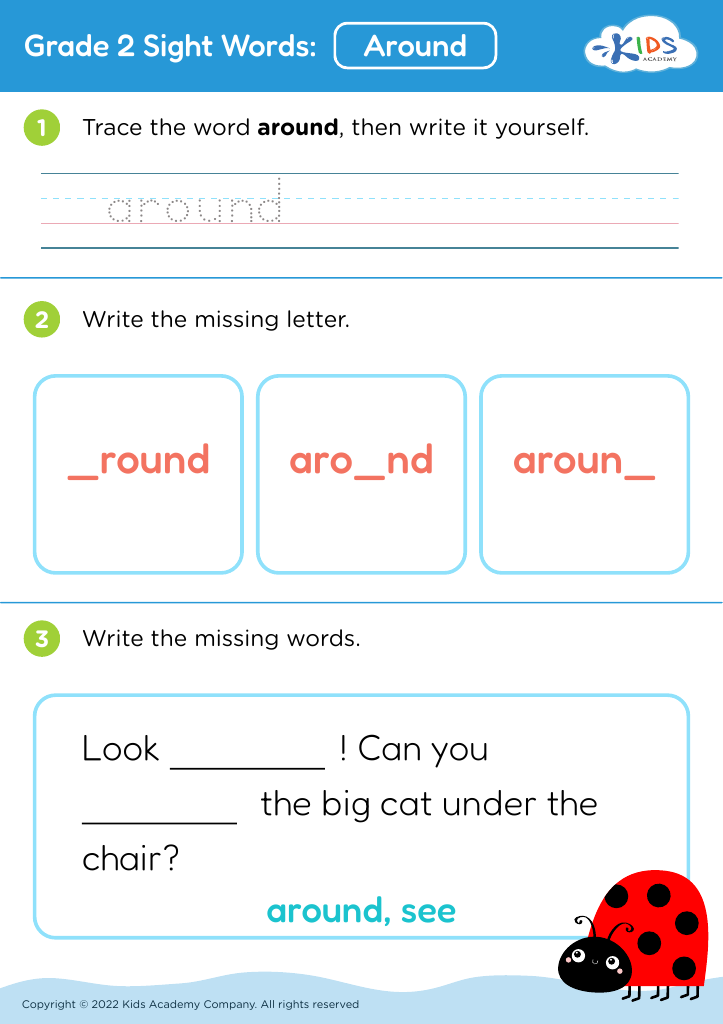
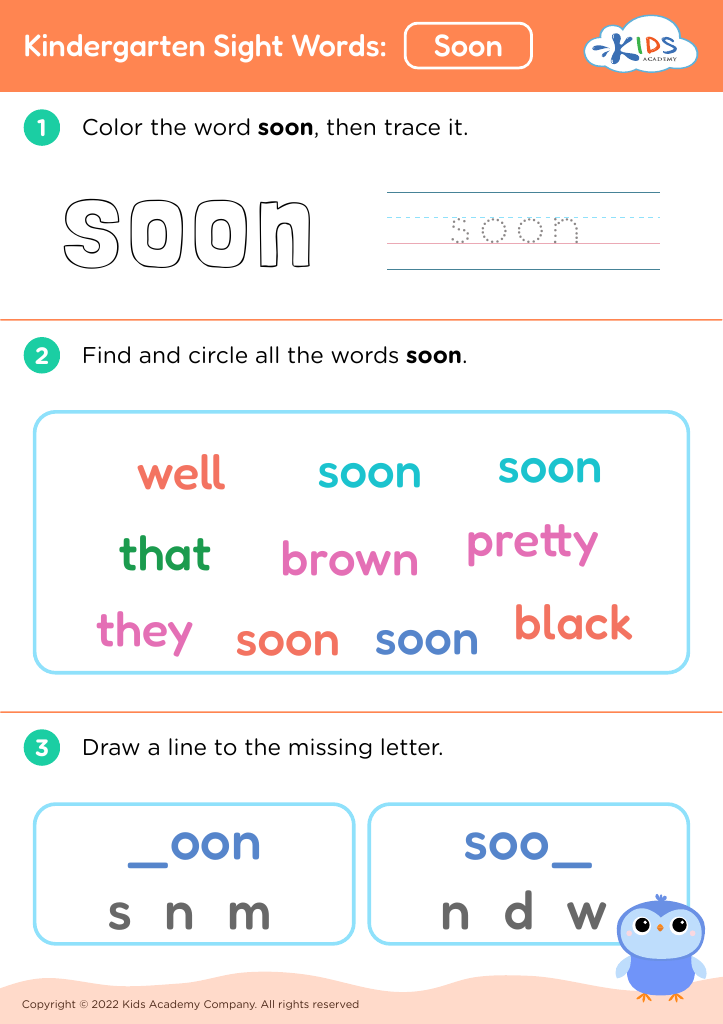

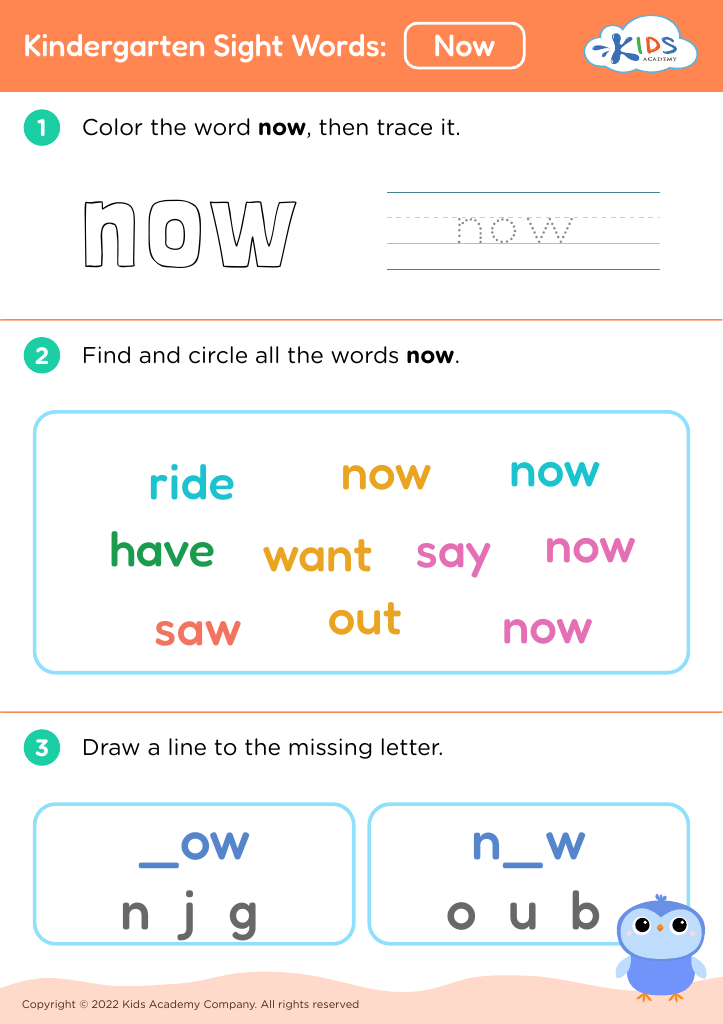
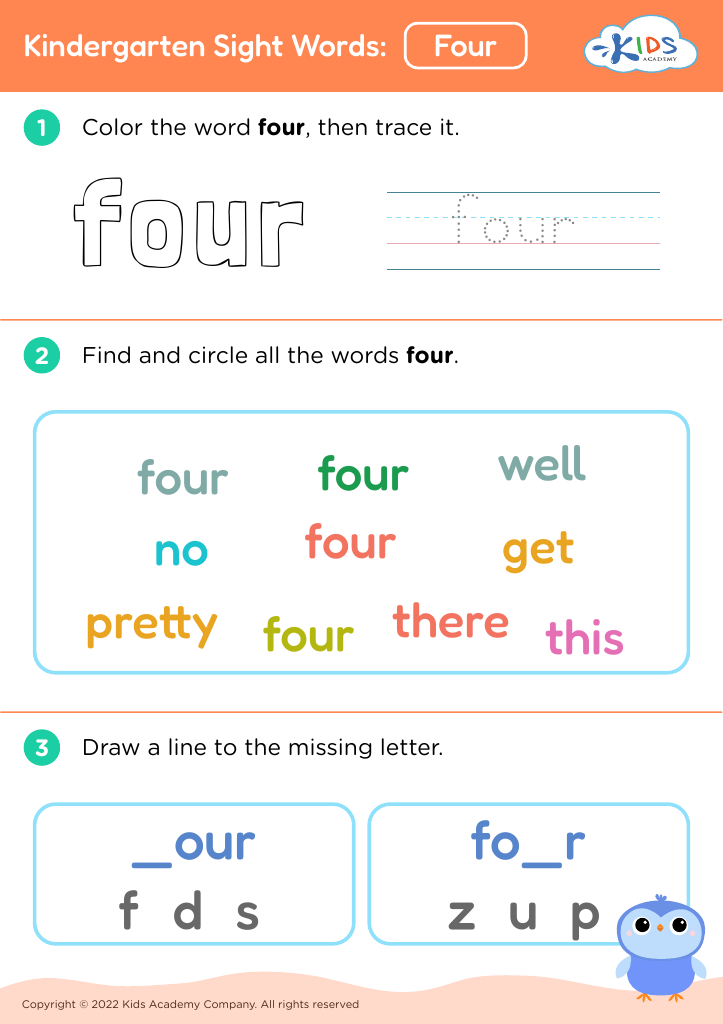
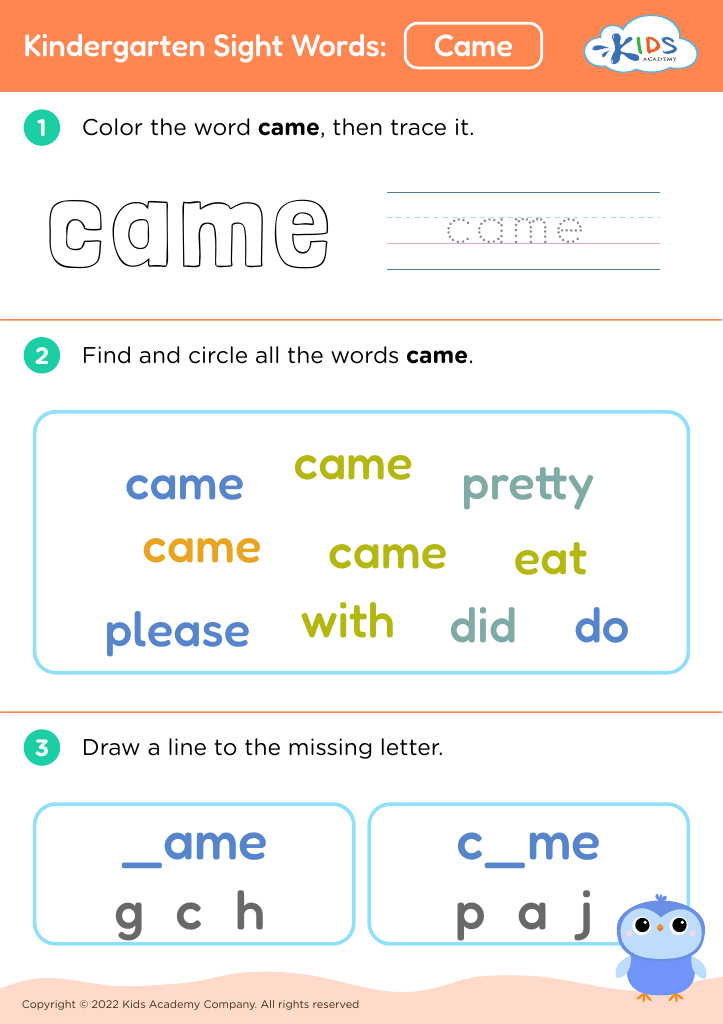





.jpg)













